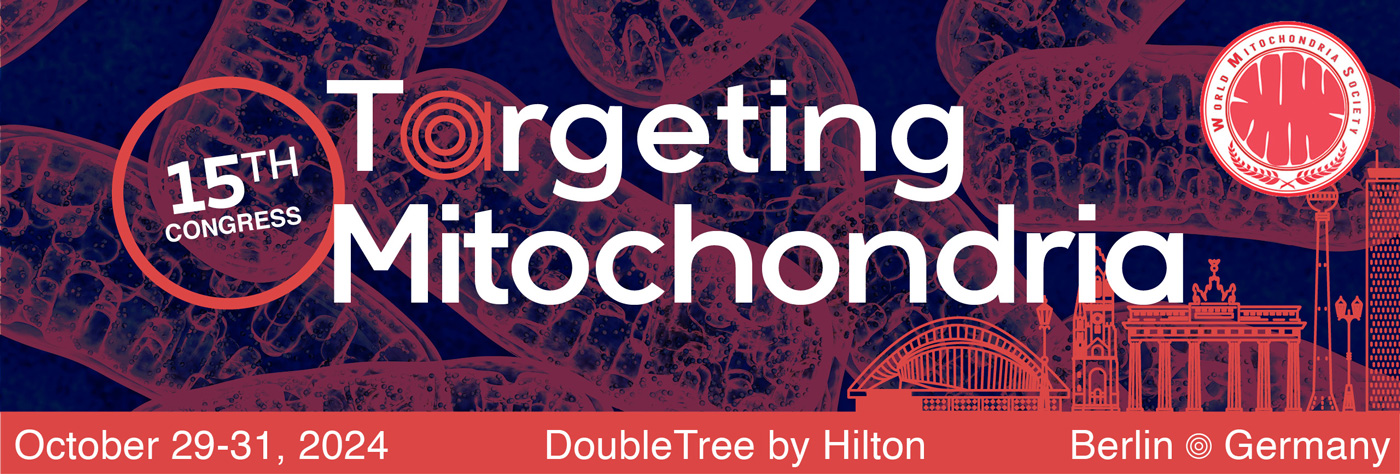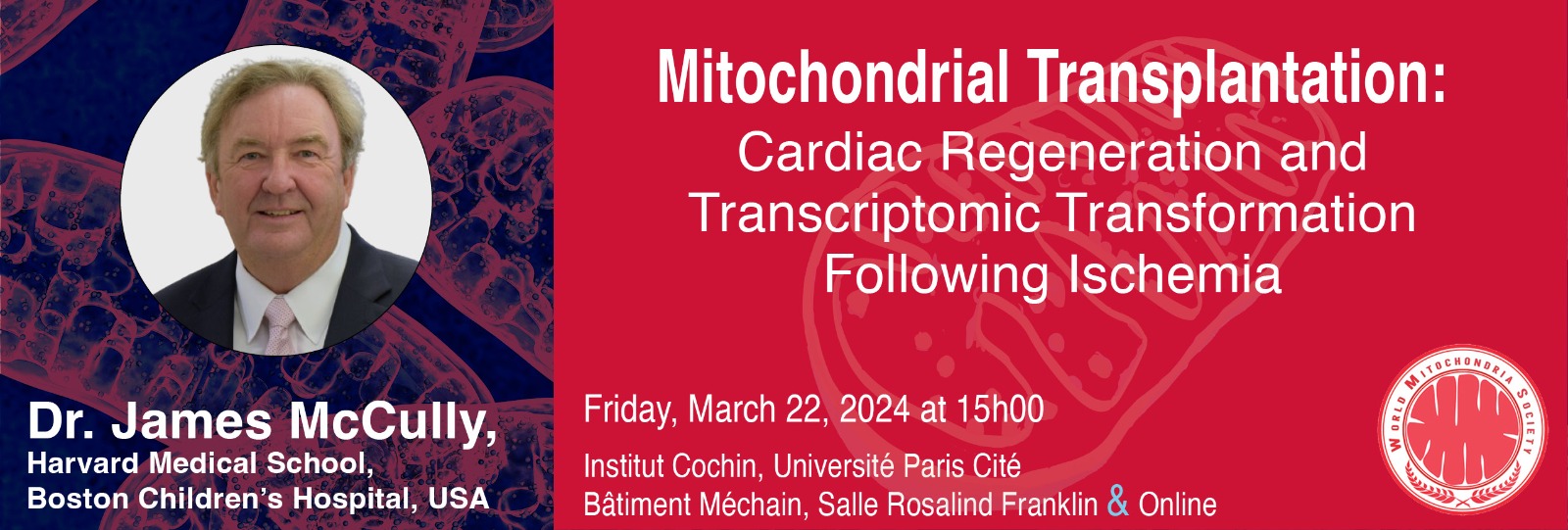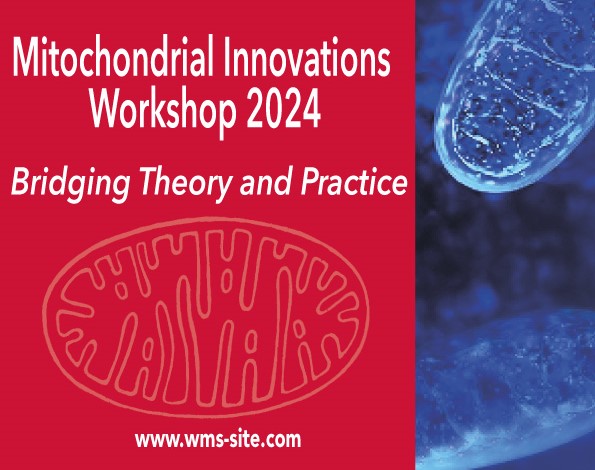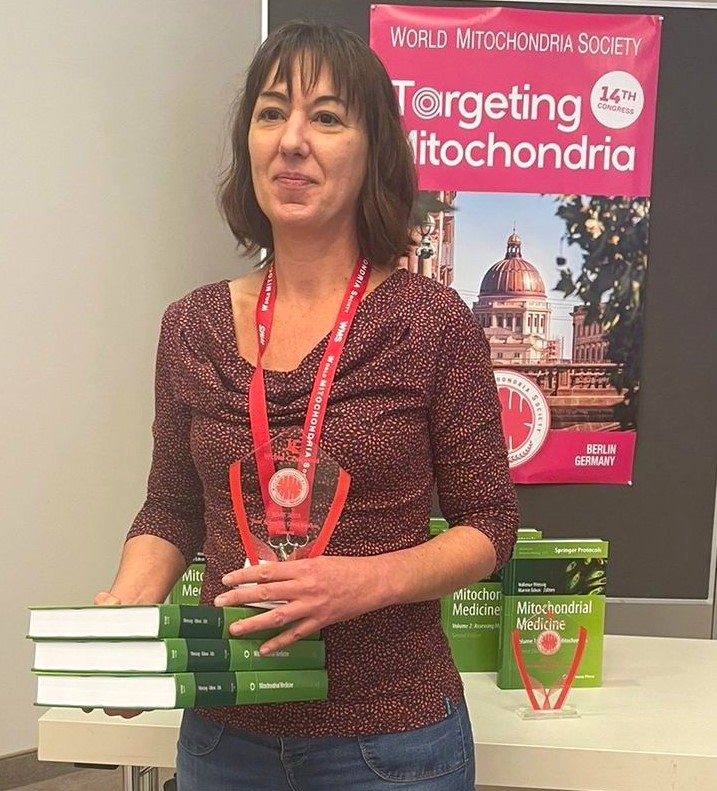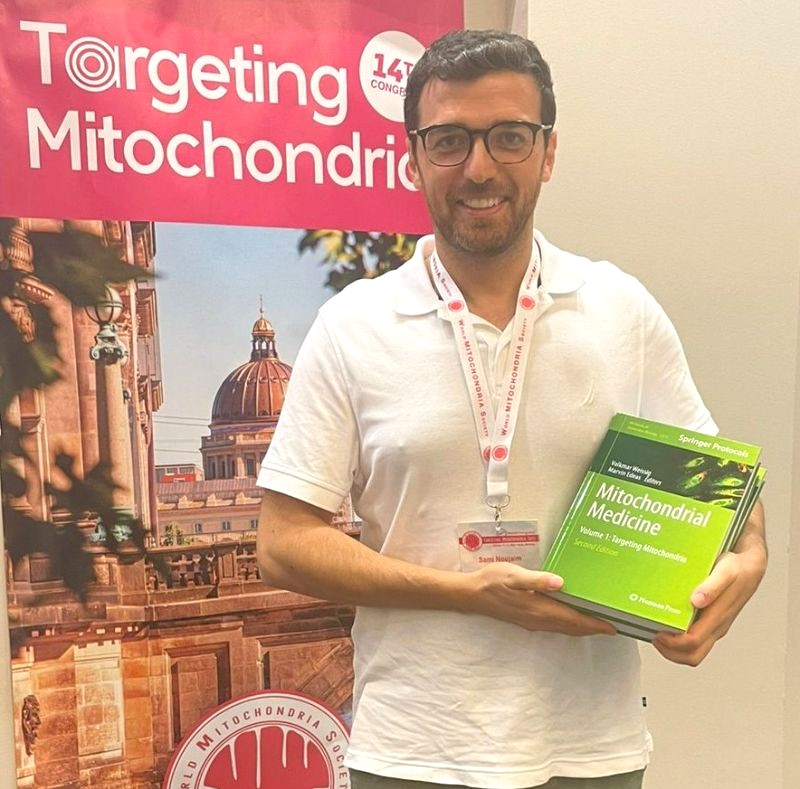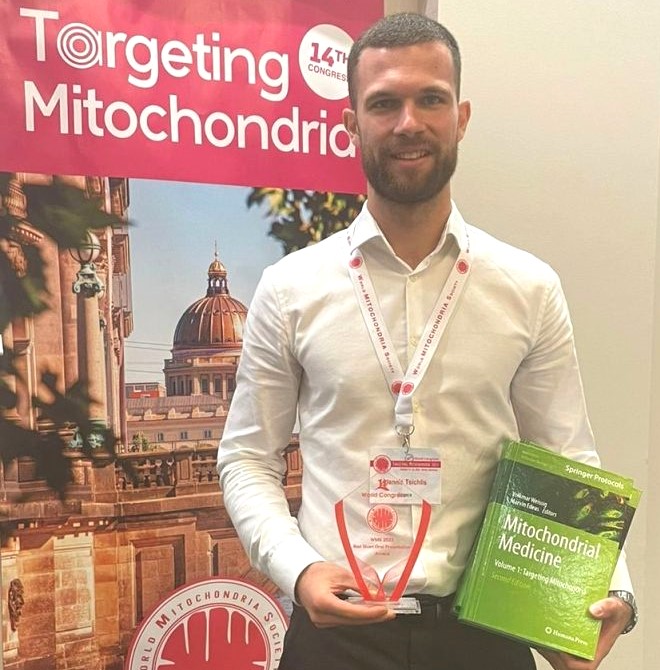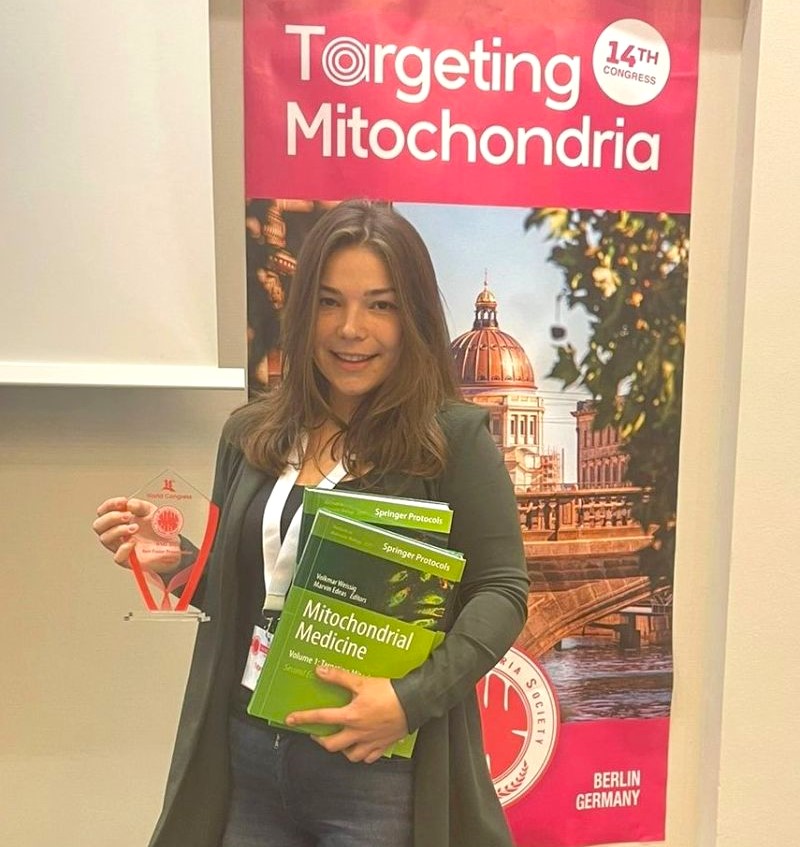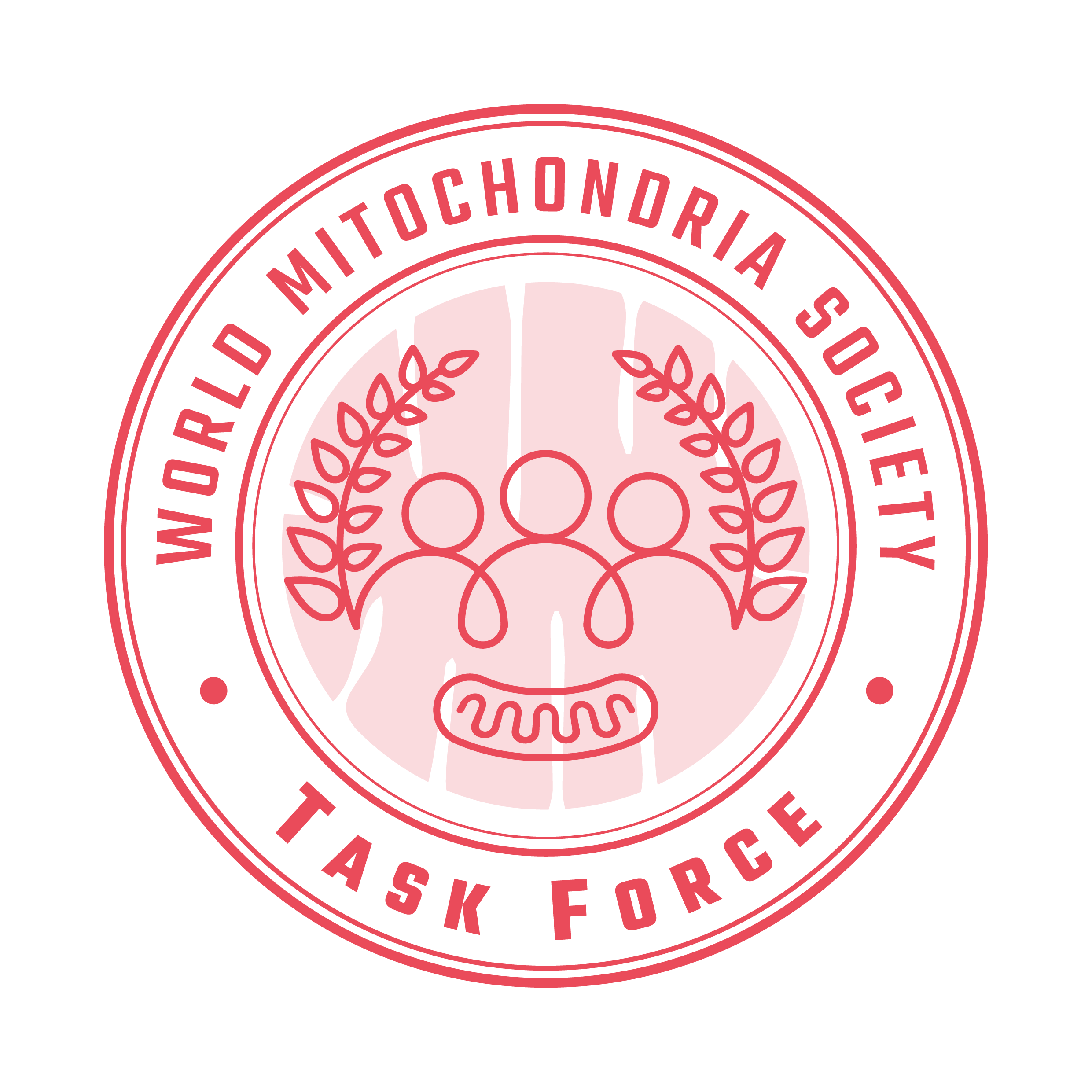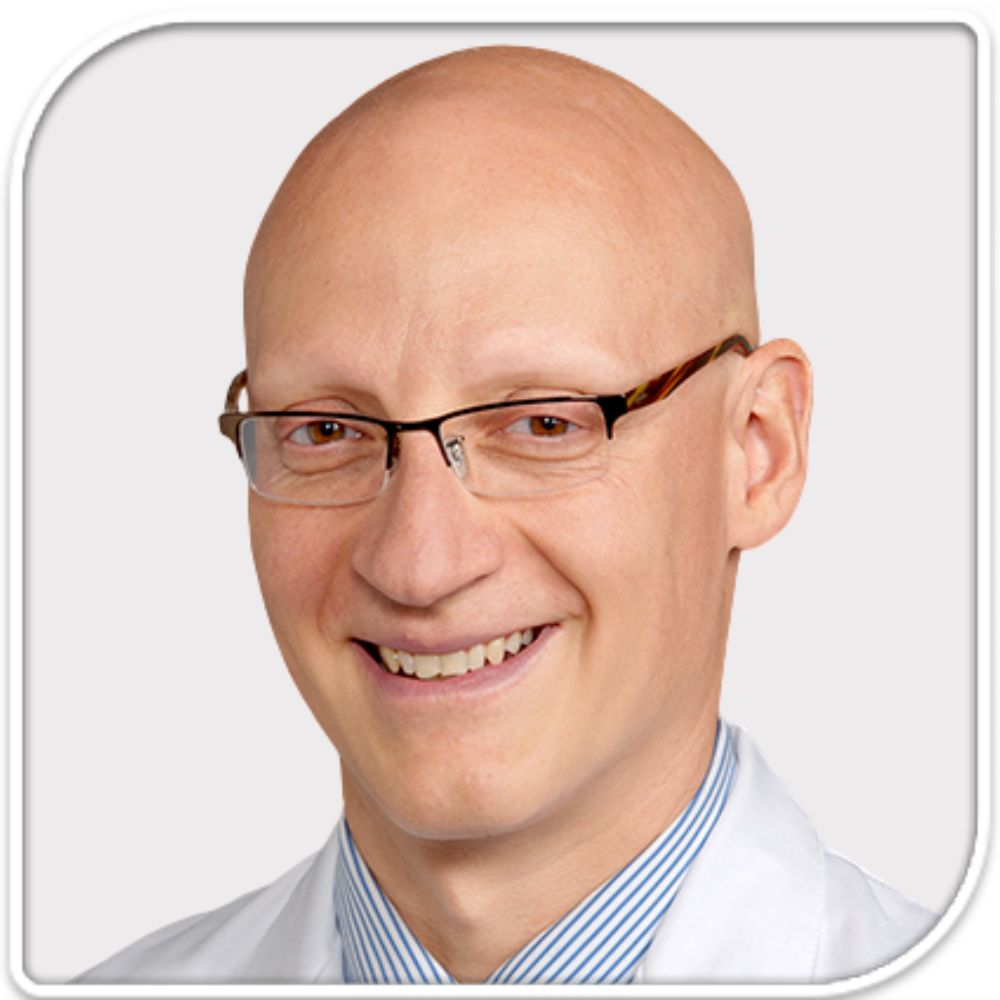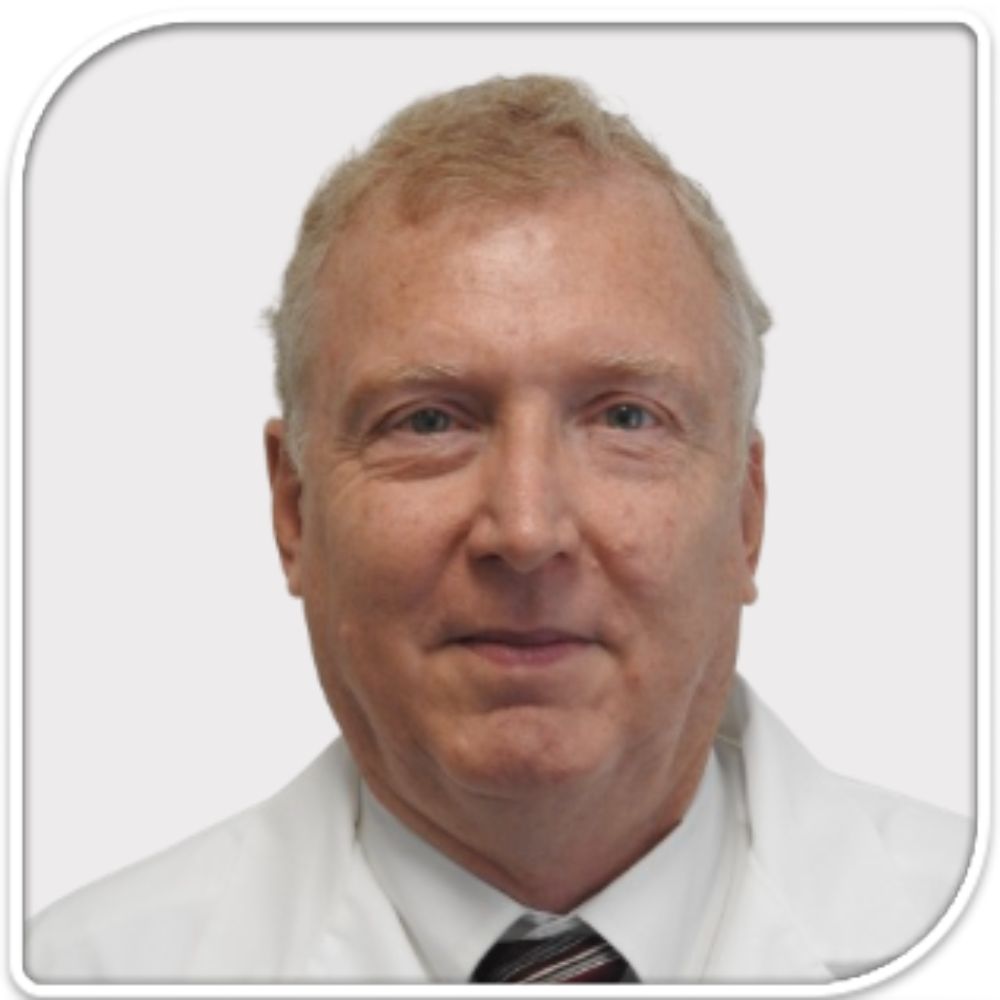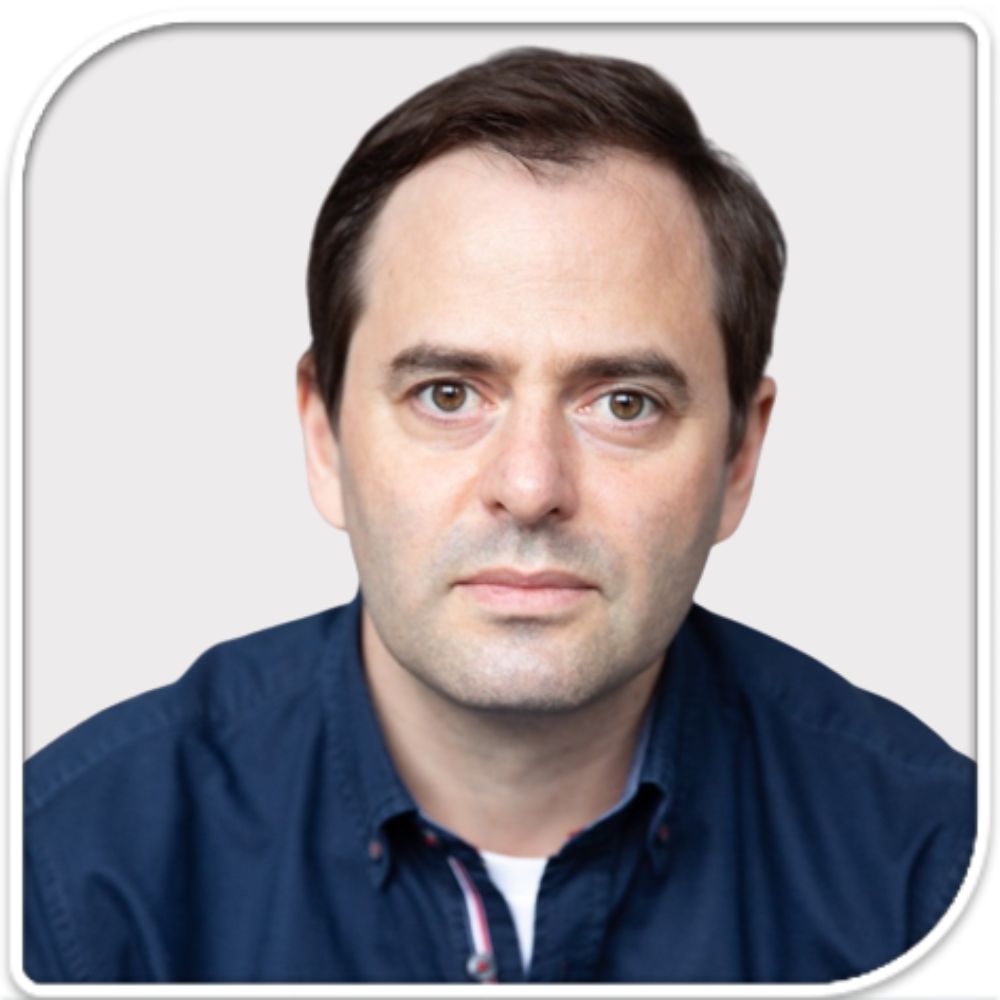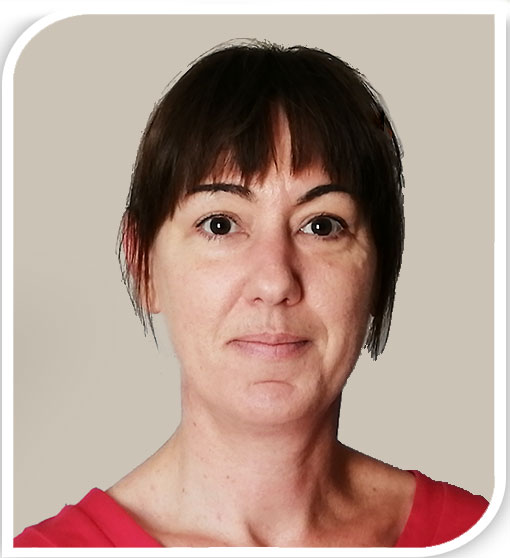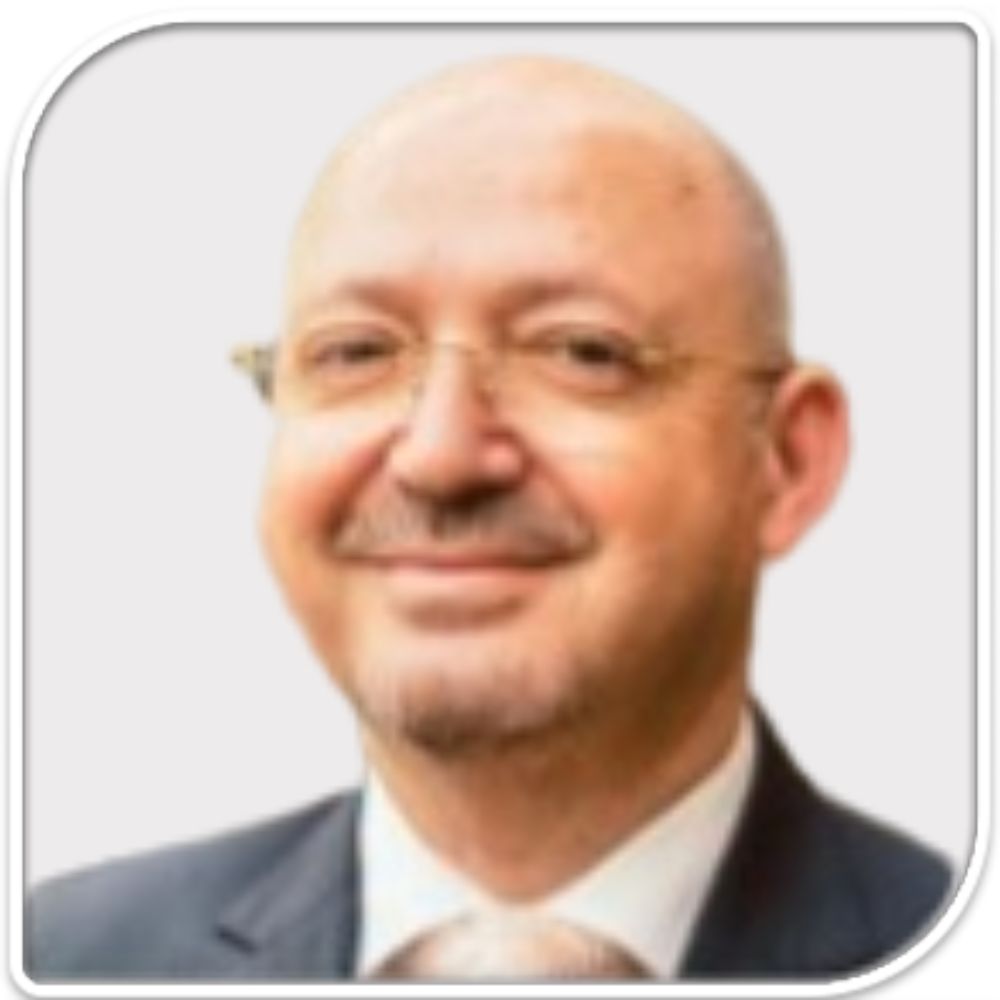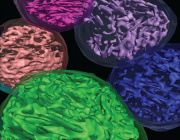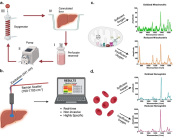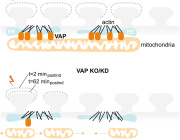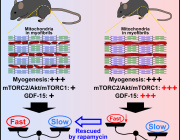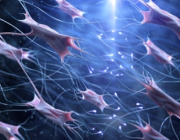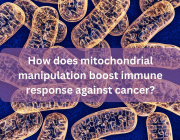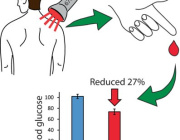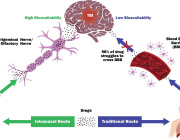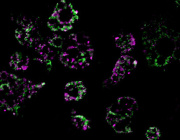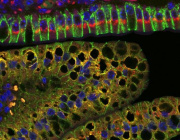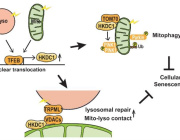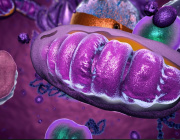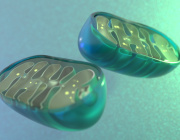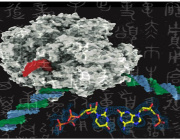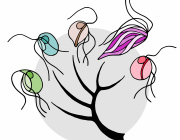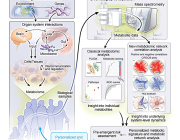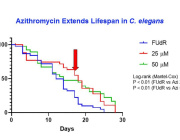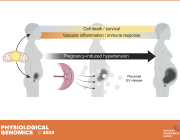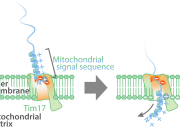Phase 2 motor study of Omaveloxolone in patients with mitochondrial myopathies
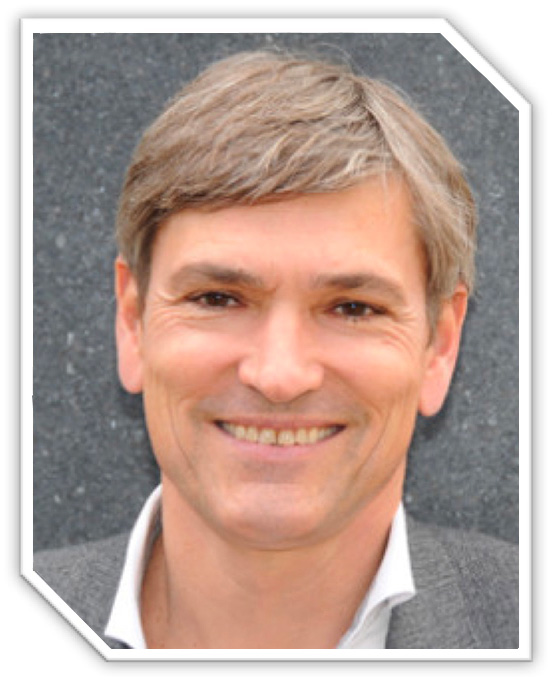 Prof. John Vissing from Copenhagen University, Copenhagen, Denmark will participate to the 9th World Congress on Targeting Mitochondria, which will be held at Steigenberger Hotel, Berlin on October 23-25, 2018 and talk about "Phase 2 motor study of Omaveloxolone in patients with mitochondrial myopathies".
Prof. John Vissing from Copenhagen University, Copenhagen, Denmark will participate to the 9th World Congress on Targeting Mitochondria, which will be held at Steigenberger Hotel, Berlin on October 23-25, 2018 and talk about "Phase 2 motor study of Omaveloxolone in patients with mitochondrial myopathies".
According to the Prof. Vissing:
"Nrf2 is the key endogenous regulator of cellular antioxidant response. Omaveloxone activates Nrf2 and the antioxidant response. In a placebo-controlled, double-blind, dose-escalating trial, sponsored by Reata Pharmaceutical, we explored the effect and safety of this drug in 54 patients with genetically confirmed mitochondrial myopathy. Results from the trial will be discussed"
For more information about Targeting Mitochondria 2018, www.targeting-mitochondria.com
Mitochondrial potassium channels: new regulation mechanism?
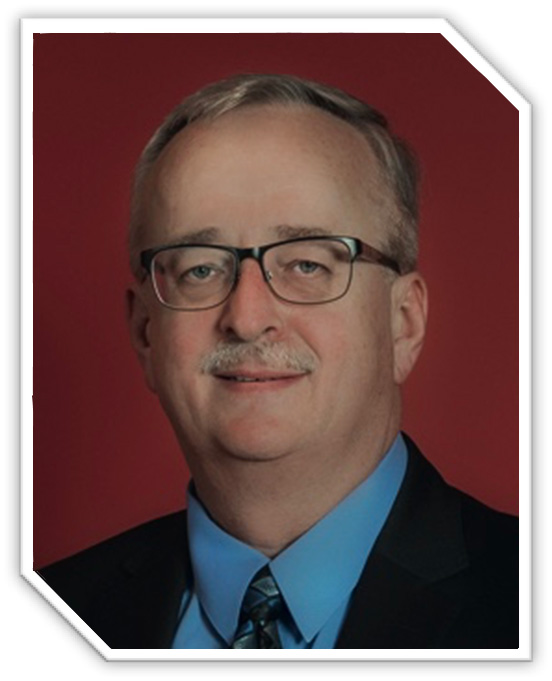
Prof. Adam Szewczyk from Nencki Institute of Experimental Biology, Warsaw, Poland will present study on "Mitochondrial potassium channels: new regulation mechanism?" during the Mitochondria congress which will be held in October 23-25, 2018, at Berlin, Germany.
Prof. Szewczyk will present the most interesting issues regarding function, regulation and pharmacology of the mitochondrial potassium channels. There are eight potassium channels known to contribute to the potassium permeability of the inner mitochondrial membrane: ATP-regulated channel, calcium-regulated channels of large, intermediate and small conductance, voltage-regulated Kv1.3 and Kv7.4 channels, two-pore-domain TASK-3 channel and SLO2 channel. The primary function of the mitochondrial potassium channels is regulation of the mitochondrial membrane potential. Additionally, mitochondrial potassium channels alter cellular respiration, regulation of the mitochondrial volume and ROS synthesis.
For more information about Targeting Mitochondria 2018, www.targeting-mitochondria.com
For more information about confirmed speakers: https://targeting-mitochondria.com/mitochondria-2018-speakers
The mitochondrial link to cocaine addiction: recent scientific advances
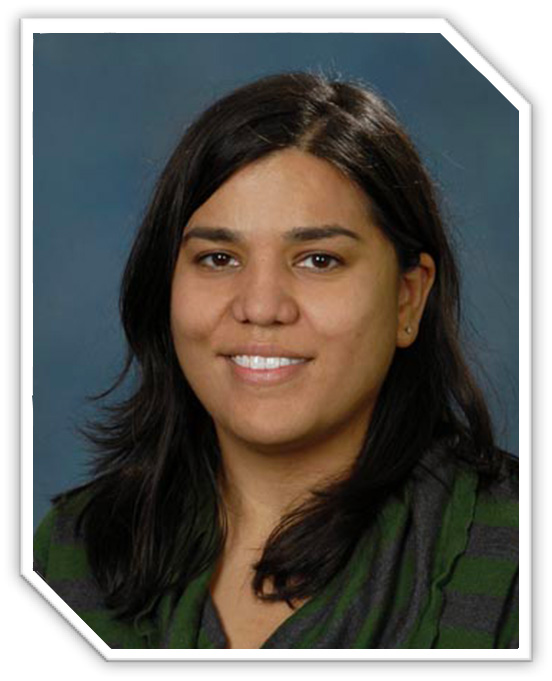 Mary Kay Lobo from University of Maryland School of Medicine, Baltimore, USA will talk about "The mitochondrial link to cocaine addiction: recent scientific advances" during the 9th World Congress on Targeting Mitochondria 2018 which will be held in Berlin next October 23-25.
Mary Kay Lobo from University of Maryland School of Medicine, Baltimore, USA will talk about "The mitochondrial link to cocaine addiction: recent scientific advances" during the 9th World Congress on Targeting Mitochondria 2018 which will be held in Berlin next October 23-25.
If you would like to know more about Targeting Mitochondria Congress: www.targeting-mitochondria.com
Metabolic switches saving mitochondria from oxidative stress

Prof. Carsten Culmsee from Universität Marburg, Marburg, Germany will participate again in the Targeting Mitochindria 2018 congress and will talk about "Metabolic switches saving mitochondria from oxidative stress".
During the congress, Prof. Culmsee will present several examples of pharmacological and genetic approaches inducing bioenergetic switches from mitochondrial respiration to glycolysis which increase mitochondrial and cellular resilience against oxidative stresswith relevance to human diseases involving neurodegeneration and neuroinflammation.
For more information about Targeting Mitochondria 2018, please visit www.targeting-mitochondria.com
How to utilize a human hepatoma cell line to study off-target effects of drugs on mitochondrial DNA maintenance and bioenergetics?
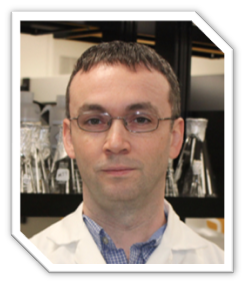
The next 9th World Congress on Targeting Mitochondria, will welcome Dr Matthew J. Young from SIU School of Medicine in Carbondale, USA to talk about “Utilizing a human hepatoma cell line to study off-target effects of drugs on mitochondrial DNA maintenance and bioenergetics”.
According to Dr Young: "Evidence suggests anti-HIV nucleoside reverse transcriptase inhibitors (NRTIs) block the DNA synthesis activity of human DNA polymerases localized to mitochondria. Mitochondrial DNA (mtDNA) maintenance is important as mtDNA damage can induce cell death. Recently, NRTI drugs have been proposed to have anti-cancer properties. We are currently using a human hepatoma-derived cell line to investigate effects of drugs on cellular viability, bioenergetics, and mtDNA maintenance”.
Targeting Mitochondria 2018
October 23-25, 2018 - Berlin, Germany
www.targeting-mitochondria.com
The legal framework for mitochondrial therapy will be presented during Targeting Mitochondria Congress
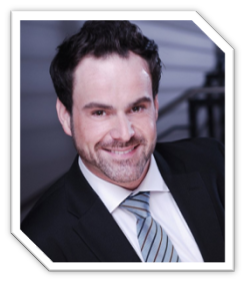
Dr. Timo Faltus from the Martin-Luther-University Halle-Wittenberg, Germany will give a presentation entitled “The legal framework for mitochondrial therapy : Identifying and preventing legal pitfalls within the translation from bench to bedside” during the 9th World Congress on Targeting Mitochondria, which will be held at Steigenberger Hotel, Berlin on October 23-25, 2018.
According to Dr. Timo Faltus: "The therapeutic implementation of the various approaches of mitochondrial therapy is, irrespective of the therapeutic options, in the European Union and especially in Germany legally problematic. Certain versions of mitochondrial therapy may even be legally prohibited. These legal uncertainties and hurdles put successful translation of mitochondrial therapy at risk overall. Therefore, scientists should consider the issues of lawful development of mitochondrial therapy timely. The presentation will give an overview on the various legal questions of mitochondrial therapy from bench to bedside and will make scientists aware of legal pitfalls, to promote a successful translation of mitochondrial therapy".
Dr. Timo Faltus holds an Diploma of Biology (equivalent to a Master's degree) and a Diploma of Law, both from Goethe University Frankfurt, Germany. He also holds a doctorate of laws from Martin-Luther-University Halle-Wittenberg, Germany.
Currently, Timo leads the interdisciplinary research project GenomELECTION, which i.a. is concerned with the legal issues of genome editing. In addition, he collaborates with several research projects that develop cell-based therapies for various indications. In particular, Timo has specialized in regulatory issues of cell therapy, gene therapy, point-of-care therapy, and the use of medical devices to manufacture cell-derived pharmaceuticals within medical practices and hospitals.
For more information about Targeting Mitochondria 2018, please visit www.targeting-mitochondria.com
Modulation of cytochrome C oxidase activity to attenuate brain ischemia/reperfusion injury
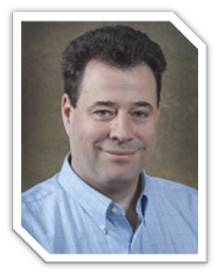 Prof. Maik Hüttemann from the Center for Molecular Medicine and Genetics, Wayne State University School of Medicine, Detroit, USA will give a presentation entitled “Therapeutic application of specific near-infrared light wavelengths that inhibit cytochrome c oxidase results in robust neuroprotection” during the 9th World Congress on Targeting Mitochondria, which will be held at Steigenberger Hotel, Berlin on October 23-25, 2018.
Prof. Maik Hüttemann from the Center for Molecular Medicine and Genetics, Wayne State University School of Medicine, Detroit, USA will give a presentation entitled “Therapeutic application of specific near-infrared light wavelengths that inhibit cytochrome c oxidase results in robust neuroprotection” during the 9th World Congress on Targeting Mitochondria, which will be held at Steigenberger Hotel, Berlin on October 23-25, 2018.His research focuses cytochrome c oxidase (COX) and the small electron carrier cytochrome c (Cytc), which together catalyze the terminal reaction of the electron transport chain. His group studies basic processes, such as cell signaling pathways that act on COX and Cytc, which are often dysregulated in human diseases and under cellular stress conditions. His translational interest is geared toward the development of a new and non-invasive technology for the treatment of ischemia-reperfusion injury using infrared light.
Targeting mitochondrial metabolism, geroprotection to treating Alzheimer’s disease
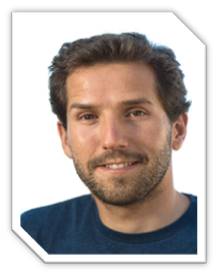 Dr. Antonio Currais from The Salk Institute for Biological Studies, La Jolla, USA will give a presentation about "Targeting mitochondrial metabolism, geroprotection to treating Alzheimer’s disease" during the 9th World Congress on Targeting Mitochondria, which will be held at Steigenberger Hotel, Berlin on October 23-25, 2018.
Dr. Antonio Currais from The Salk Institute for Biological Studies, La Jolla, USA will give a presentation about "Targeting mitochondrial metabolism, geroprotection to treating Alzheimer’s disease" during the 9th World Congress on Targeting Mitochondria, which will be held at Steigenberger Hotel, Berlin on October 23-25, 2018.
According to Dr Currais: "In light of the consistent failures in clinical trials for Alzheimer's disease (AD), there is an urgent need to understand the primary mechanisms driving the disease and to identify new drug targets based upon this information. Age is by far the greatest risk factor for AD and related dementias. Using a set of compounds that we developed to purposely target features of the aging brain, we have identified a unique anti-aging and neuroprotective molecular pathway that is associated with the enhancement of mitochondrial metabolism and stability over time. The implications of our findings to the fields of aging, AD and mitochondria will be presented and discussed."
For more information, please visit www.targeting-mitochondria.com
Cellomics of mitochondrial morphofunction: presentation of the recent advances
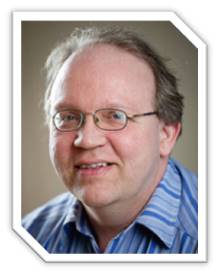
During the 9th World Congress on Targeting Mitochondria 2018 which will be held in Berlin next October 23-25, Prof. Werner Koopman from RadboudUMC University, Nijmegen, The Netherlands will present a strategic talk about Cellomics of mitochondrial morphofunction.
According to Prof Koopman: "Mutations in NADH:ubiquinone oxidoreductase (complex I or CI), the first complex of the mitochondrial oxidative phosphorylation (OXPHOS) system, induce Leigh syndrome (LS) leading to early death in children. The LS pathomechanism is still poorly understood and effective treatment options are still lacking. Here we applied high content microscopy analysis (cellomics) to investigate the hypothesis that LS fibroblasts display “reductive stress” and that this stress impacts on cell viability and bioenergetics."
If you would like to know more about Targeting Mitochondria Congress: www.targeting-mitochondria.com
Targeting Mitochondria Congress 2018 will be held in Berlin in October 23-25, 2018

The Scientific Committee of the World Mitochondria Society is under preparation of the 9th World Congress on Targeting Mitochondria which will be held in Berlin on October 23-25, 2018.
All the information will be added on this website soon.
If you are interested to receive all the information about the World Mitochondria Society and Targeting Mitochondria 2018, please subscribe to WMS newsletter by clicking here.
Source for picture: Flixbus
Concluding remarks of Targeting Mitochondria 2017 by Prof. Volkmar Weissig

The 8th World Congress on Targeting Mitochondria was again this year organized in Berlin on October 23-24, 2017. The 8th edition was an excellent platform, this year for 273 participants from 44 countries, to share data, ideas, critical comments and opinions alike.
Who attended Targeting Mitochondria 2017?
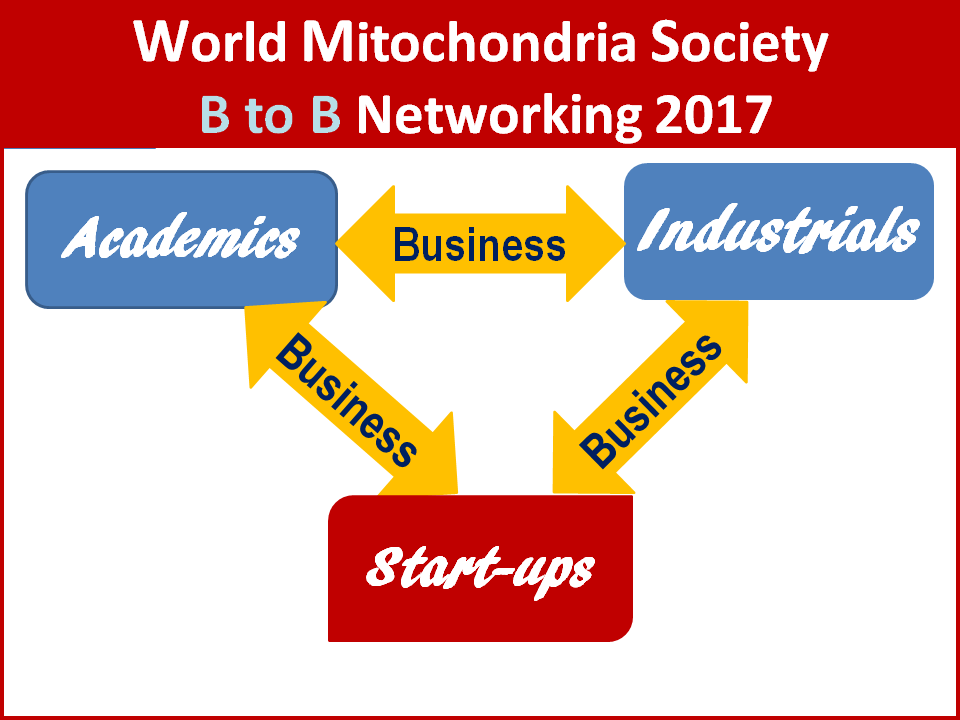
The Targeting Mitochondria Network Session was a place created for every actors in Targeting Mitochondria chain. Industrials and academics from all countries and specialties came to listen and learn more about Mitochondria, Oxidative Stress and all related subjects. It was a perfect moment to meet people who brought you new opportunities, or helped you to solve a problem.
Among the participants of Targeting Mitochondria 2017:
Novintum Bioscience Limited, Selcia Ltd, OP2 Drugs, IHU Liryc, Mikrogen Genetic Diagnosis Center, Thermo Fisher Scientific/Molecular Probes, Cerba Healthcare, Health Optimization Medicine and Practice, mse Pharmazeutika GmbH, Colorado Center for Reproductive Medicine, Vifor Pharma, Faculty of Bioengineering and Bioinformatics, Moscow State University, Nutricia Research, GlaxoSmithKline, Fresenius Kabi Deutschland GmbH, Mission Therapeutics, Helixor Heilmittel GmbH, Georgetown University School of Medicine, IRCCS - Istituto di Ricerche Farmacologiche Mario Negri, Trakya University, University of Pécs, INBIOMED, Facultad de Medicina, Universidad de Buenos Aires, Medical University of Lodz, University of Bordeaux, The Institute of Holistic Nutrition, Yuksek ihtisas university, Philipps University Marburg, Goethe University, Sheba Medical Center, L. Boltzmann Institute for Exp Clin Traumatology, Biomedical Research Center, Biology Centre, University Hospital Basel, INRA, Universidade Federal de Sao Paulo, INRA, The University of Hong Kong, Université de Strasbourg, Consiglio Nazionale delle Ricerche - ISOF, German Institute of Human Nutrition (DIfE) Potsdam-Rehbruecke, Charité Berlin, HNO-Klinik, Ludwig Boltzmann Institute for Experimental and Clinical Traumatology, Vivacite Cener for scientific wellness, University of Insubria, Chubu University, Heilpraktikerin, Julius-Maximilians-Universität Würzburg, SELF, Halic University, Universidade de São Paulo, WWU Münster, University Witten Herdecke, University of Helsinki, University of Namur, UMR 7156 Strasbourg University CNRS, University of Leipzig, Faculty of Medicine, University of Pittsburgh, Universitat de Barcelona, University of Graz, Erasmus Medical Center, Charité Universitätsmedizin Berlin, Federico II University of Naples, Division of Pharmacology, Department of Neuroscience, Institute of Biotechnology CAS, Takayama, The Chinese University of Hong Kong, Minneapolis VA Health Care System & University of Minnesota, Institute Theoretical and Experimantal Biophysics, Viberpoint International, Institut Pasteur & CNRS, Centro de Neurociências e Biologia Celular, University of Coimbra, Portugal, Gifu University, CEA, Università Politecnica delle Marche, Dr. Margarete Fischer-Bosch-Institut für Klinische Pharmakologie, Privatpraxis, University of Ulm, Institute of Biomedical Technologies - National Reasearch Council / Doctorate School of Molecular and Translational Medicine - University of Milan, Certification coach export, Loma Linda University, Dept. Molecular Medicine - University of Pavia, université de Bordeaux, CNIC, Hôpitaux de Strasbourg, Pusan National University, Medical Centre, University of Lausanne, Medical Genetics, Department of Biomedical Sciences and Human Oncology (DIMO), University of Bari Aldo Moro, University of Bergen, EURAC Research Bolzano, Institute of Oncology Research (IOR), Centro de investigación y de Estudios Avanzados del IPN, Katholieke Universiteit Leuven, Charité/ Universitätsmedizin Berlin, CCR, Institute for Pharmacology, The Catholic University of Korea, Albstadt-Sigmaringen University of Applied Sciences, Baskent University, University of Veterinary Medicine Vienna, Osaka University, Institut de recherches cliniques de Montréal (IRCM), UTMB, Deutsches Zentrum für Neurodegenerative Erkrankungen e. V. (DZNE), Children’s Hospital of Nanjing Medical University, Copenhagen University, Lithuanian University of Health Sciences, University of Pennsylvania, Jagiellonian University Medical College, University of Bari Aldo Moro, Institute of Theoretical and Experimental Biophysics, Tarbiat Modares University, Chungbuk National University, iCeMS, Kyoto University, University of Tasmania, Vrije Universiteit Brussel, Institute of Physiology, The Czech Academy of Sciences, Instituto de Investigación Hospital 12 de Octubre (i+12), University of Fribourg, Masaryk Memorial Cancer Institute, Department of Pediatrics and Adolescent medicine / Charles University, First Faculty od Medicine, Charles University in Prague, National University of Singapore, Stockholm University - Department of Neurochemistry, U of Copenhagen, Denmark, University Hospital Bern, German Institute of Human Nutrition, University of Alberta, Canada, UMONS, University of Oslo, Institute of Physiology CAS, Institute of Physiology, Academy of Sciences, Department of Mitochodnrial Physiology, Prague, Aljaibaji hospital, National Taiwan University, Johns Hopkins University School of Medicine, Universiteit Antwerpen, Antwerp University, CNRS-IBMP, university of manchester, Wayne State University, Hackensack University Medical Center, Namik Kemal University, Institute for Biomedicine, Eurac Research, Justus-Liebig University Giessen, Hospital Universitario A Coruna, University of Geneva, Lund University, Fundacion Profesor Novoa Santos, Gemeinschaftspraxis Dr. Schärfe Visselhövede, California University of Science and Medicine, Medical University of Łódź, Aix-Marseille University, Chungnam National University College of Medicine, Stockholm University, Karolinska Institutet, Victoria University/ISEAL, IISER Pune, Philipps- University Marburg, Internistische Praxis Dr. Hendricks, Cellgym Technologies, Bogomoletz Institute of Physiology, Uniwersytet Warszawski, University of Warsaw, Midwestern University, Institute of Bioorganic Chemistry Polish Academy of Sciences, The Institute of Bioorganic Chemistry Polish Academy of Sciences (IBCH PAS), Cardiff University, IMDiK PAN, IMDIK, PAN, Institute of Biomedical Technologies - CNR, Christian Albrechts University, University College London, Laboratorio di Biochimica F.Pacini, Universität Marburg, Safra Childrens Hospital, Health Optimization Medicine and Practice Association, Julius-Maximilians Universität Würzburg, University of Reading, Loma Linda University School of Medicine, Osaka University, University of Copenhagen, University of Minnesota Medical School...
To access the final agenda of Targeting Mitochondria 2017, please follow this link.
How to evaluate mitochondrial function/dysfunction: from the bench to the bedside
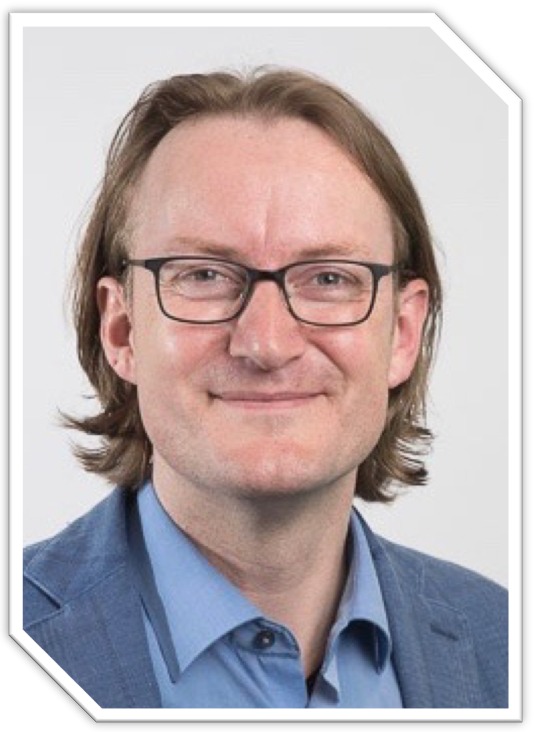 Dr. Egbert Mik from the Department of Anesthesiology, Erasmus MC, University Medical Center Rotterdam, The Netherlands will give the introductory talk of the session "How to Evaluate Mitochondrial Function/Dysfunction?" during the 8th World Congress on Targeting Mitochondria which will be held at Steigenberger Hotel, Berlin on October 23-24, 2017.
Dr. Egbert Mik from the Department of Anesthesiology, Erasmus MC, University Medical Center Rotterdam, The Netherlands will give the introductory talk of the session "How to Evaluate Mitochondrial Function/Dysfunction?" during the 8th World Congress on Targeting Mitochondria which will be held at Steigenberger Hotel, Berlin on October 23-24, 2017.
His research focuses on tissue oxygenation, oxygen-dependent metabolic reprogramming and mitochondrial dysfunction in critical illness. Dr. Mik will talk about the necessity for an integrated and translational approach in mitochondrial research. The latest results regarding bedside measurements of mitochondrial oxygen tension and oxygen consumption in patients using the COMET monitor (Cellular Oxygen METabolism, measured by delayed fluorescence of protoporphyrin IX) will be presented.
For more information, please visit www.targeting-mitochondria.com
The scientific committee published the oral communications presented during Mitochondria Congress 2017
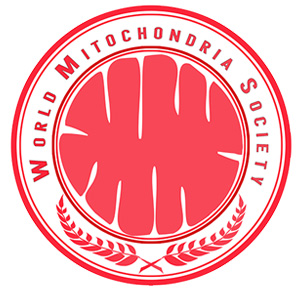 You can find the list of major and short oral communications which will be presented during Targeting Microbiota 2017 by clicking here.
You can find the list of major and short oral communications which will be presented during Targeting Microbiota 2017 by clicking here.
We attract your attention that you have to be registered to the congress to present your talk. If you registered by your talk is not included, please don't hesitate to contact us.
The deadline to submit an abstract for a poster presentation is September 28. The agenda of posters presentations will be published in October.
Presentation of novel mechanisms of mitochondrial damage in oxidative death signaling are key targets for neuroprotective strategies
 Prof. Carsten Culmsee from Marburg Center for Mind, Brain and Behavior, Biochemical-Pharmacological Center Marburg at Institute for Pharmacology and Clinical Pharmacy, Faculty of Pharmacy, University of Marburg, Germany will present the novel mechanisms of mitochondrial damage in oxidative death signaling as key targets for neuroprotective strategies. This presentation will be hedl during the 8th edition of Targeting Mitochondria Congress 2017.
Prof. Carsten Culmsee from Marburg Center for Mind, Brain and Behavior, Biochemical-Pharmacological Center Marburg at Institute for Pharmacology and Clinical Pharmacy, Faculty of Pharmacy, University of Marburg, Germany will present the novel mechanisms of mitochondrial damage in oxidative death signaling as key targets for neuroprotective strategies. This presentation will be hedl during the 8th edition of Targeting Mitochondria Congress 2017.
According to Prof. Culmsee, neurodegenerative diseases share hallmarks of detrimental cellular stress such as disruption of neuronal calcium homeostasis and oxidative stress. In Prof. Culmsee's group, they study novel mechanisms of oxidative stress signaling and associated mitochondrial demise as emerging targets for neuroprotective approaches. [...] These findings, which will be described during the congress, provide novel molecular links between oxidative, pathways of regulated necrosis and mitochondrial demise. Thus, therapeutic approaches targeting mitochondria or upstream mechanisms of regulated necrosis hold promising potential for neuroprotective strategies.
For more information: www.targeting-mitochondria.com
More Articles...
- The WMS organizes a B to B meeting during Targeting Mitochondria Congress to present your innovations
- Quantifying mitochondrial uptake of nucleobase derivatives through click chemistry
- Targeting mitochondria by small RNAs: update and prospects
- Studies on mitochondria-targeted plastoquinones and the road from laboratory bench to the market
